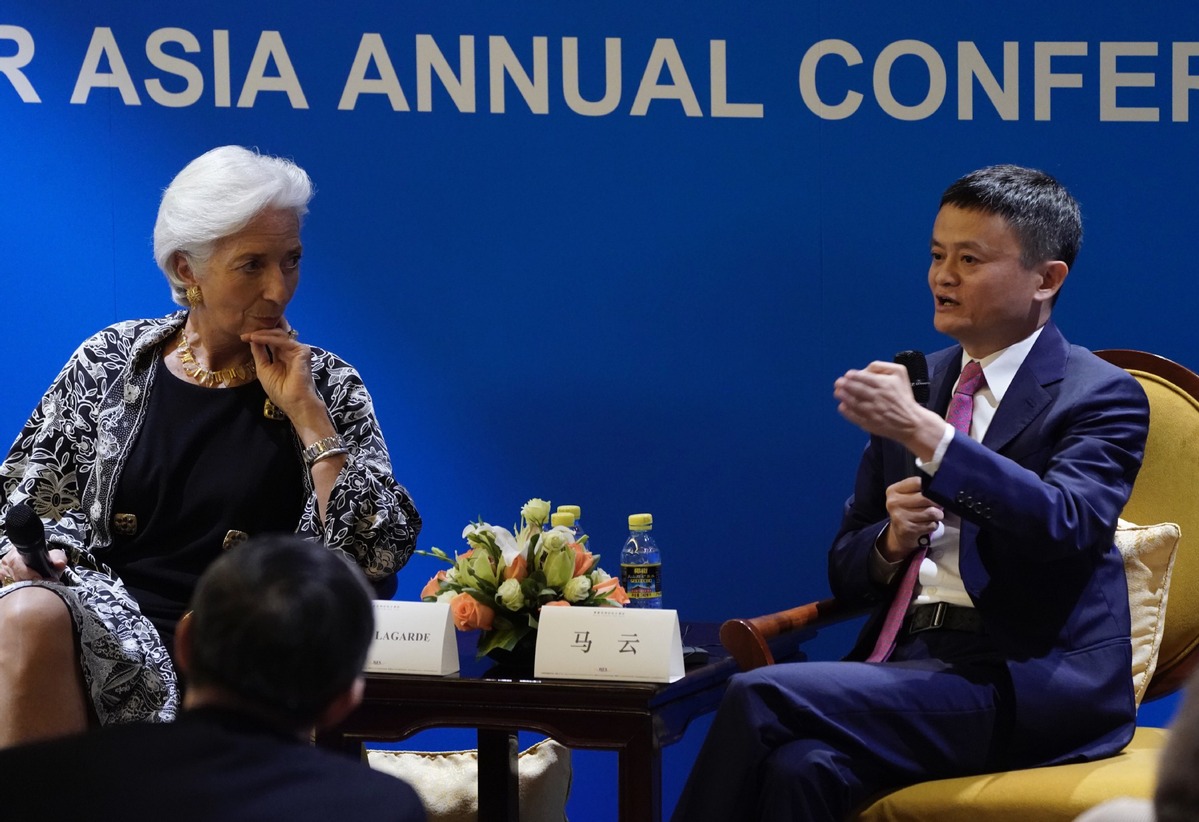Lagarde warns against protectionism

The head of the International Monetary Fund (IMF) is calling on countries to steer clear of protectionism in order to sustain global growth.

The speech by Christine Lagarde, the IMF managing director, at the University of Hong Kong on Wednesday came amid growing tension between the US and China and many other countries after US President Donald Trump imposed tariffs on steel and aluminum imports in the name of national security and threatened to impose tariffs on $150 billion worth of imports from China.
Both moves have triggered concerns of a trade war.
"Governments need to steer clear of protectionism in all its forms, and history shows that import restrictions hurt everyone, especially poorer consumers," Lagarde said in a prepared speech released to the press.
Import restrictions not only lead to more expensive products and more limited choices, but also prevent trade from playing its essential role in boosting productivity and spreading new technologies, according to Lagarde.
The IMF chief said even protected industries eventually suffer as they become less dynamic than their foreign competitors.
She noted that discussions about trade restrictions are often bound up with the concept of trade deficits and surpluses, adding that some people argue that these imbalances indicate unfair trade practices.
Trump has often described trade deficits as a loss for the US and a win for its trading partners, such as China, Mexico, Japan and Germany, a view that is dismissed by most economists.
"Yes, there are unfair practices — which must be eliminated — and which can leave their mark on trade balances between two countries," Lagarde said.
"But in general, these bilateral imbalances are a snapshot of the division of labor across economies, including global value chains," she added.
Lagarde cited the example of a country that focuses on assembling smartphones will tend to have bilateral trade deficits with countries that produce the components, and surpluses with countries that buy the finished devices.
She was clearly referring to the iPhone chain. iPhones are assembled in China with parts from the US, Japan, South Korea, Germany and other places. But when they’re exported to the US, the total value, rather than the $10 added in China, is counted, thus inflating the US trade deficit.
Lagarde emphasized that unfair trade practices have little impact on a country’s overall trade deficit with the rest of the world. “That imbalance is driven by the fact that a country spends above its income,” she said.
These words were also seen as directed at the US, which has long been running a fiscal deficit and a low savings rate, in contrast to the high savings rate in China and other countries.
"The best way to address these macroeconomic imbalances is not to impose tariffs, but to use policies that affect the economy as a whole, such as fiscal tools or structural reforms," Lagarde said.
The US could help tackle excessive global imbalances by curbing gradually the dynamics of public spending and by increasing revenue — which would help reduce future fiscal deficits, according to Lagarde.
The IMF and the World Bank Group will hold their annual spring conference in Washington later this month, with central bank governors and finance ministers from member economies discussing key issues facing global and regional economies.



































